When hoteliers, hotel owners, or management seek the help of a revenue management consultant or outsourcing company, they often mention something like, “We’ve casually practiced revenue management in the past.”
As the consulting engagement kicks off, these hospitality professionals will say they understand the discipline even though they lack a structured approach. Yet, revenue management is all about structure.
Pricing is Just a Fraction of the Revenue Management Approach
As the revenue management consultant digs deeper into what they mean by “randomly practicing the discipline,” the answers bring to common light misunderstandings. For example, hoteliers often link revenue management with price reductions or discounts, even though this represents a fraction of the revenue management approach.
Revenue management includes pricing as a component, but another and more strategic level includes the brand reputation and online visibility.
The assumption that revenue management = discount pricing reveals a few common mistakes that penalize the property’s performance. Besides pricing errors, hoteliers may experience very low ADR (average daily rate) even if they’re 100% booked in the high season. Combine that with low occupancy in the low season, and you can see a revenue problem.
The discipline of revenue management knows such scenarios relate to a series of errors affecting the property’s performance, starting earlier in the season.
These Common Pricing Errors are Not Revenue Management
1- Restrictions – Many properties use restrictions such as (minimum stay, non-refundable rates, excessively rigid cancellation policy, close-to-arrival blocks, close-to-departure blocks, etc.) to increase bookings; however, without the right data, these can turn away visitors.
2- Incorrect Data – The inability to collect statistical data in a precise way. Hoteliers might attribute this lack of precision to a lack of time, lack of means (PMS), or lack of willingness.
3- Wrong Evaluation of Online Sales Channels – Understanding which sales channels bring the best payoff is essential to revenue management. Some channels produce very little and have high commissions. Others ask for a fixed annual fee no matter how much they produce. Do you know how each of your online channels is performing?
4- Bad Contracts – Sometimes, revenue managers find contracts with tour operators and agencies aren’t in the hotel’s best interests. Perhaps there are allotment concessions that exceed the total number of rooms the property has, and the static negotiated rates are well below the potential market ADR in high season and too high in low season. Such unfavorable contracts can affect the policies towards online channels.
5- Inflexible Room Policies – In some cases, bad management assigns online room types with no flexibility. Professional revenue managers understand assigning rooms is like a game of Tetris. You streamline your occupancy by moving reservations across your room calendar in the PMS. If you have too many room categories that aren’t interchangeable or there’s no potential to move, upgrade or upsell reservations, that represents a potential loss to the property and can generate holes in the booking calendar.
When guests look for longer stays online, your property isn’t available and doesn’t appear in the OTAs. This lack of visibility now will impact your profitability in the high season. For example, with inflexible policies, you could end up with room types only available for a night.
6- Lack of Brand Reputation – Sometimes, management ignores online comments. Maybe you don’t know how to respond, forget they’re there, or you’re just overwhelmed with everything else that online comments aren’t a priority. Yet, staying on top of those comments, good and bad, can make a big difference. Professional revenue management ensures your property’s brand reputation is as high as possible since that contributes to overall profitability.
You may now wonder how a revenue manager can help your property grow profits YoY.
What Does a Professional Revenue Manager Do?
Revenue management goes beyond raising and lowering prices. Pricing is the data-based result. A good revenue manager studies and analyzes past data to understand what’s penalized the properties’ past performance.
They’ll look at the data sources and analyze occupancy and RevPAR (revenue per available room) daily and month by month. The goal is to understand where and how to increase occupancy (and therefore turnover), where it is scarce, and how to increase turnover in periods of high occupancy.
The revenue manager develops by segmenting occupancy and ADR by dynamic pricing channels (OTA, property website, telephone, and walk-in traffic) and static pricing channels (business, regulars, weddings, groups, tour operators, agencies) a sense of the revenue models. They may also divide the ADR by the type of room sold.
Reputation and revenue are inextricably linked. The revenue manager will understand how the property can improve through careful analysis. For example, recent positive reviews directly impact bookings and revenue. The revenue manager can share suggestions for improving the reviews’ quality, quantity, and freshness.
The revenue manager will also clean underperforming, unnecessary, and harmful online sales channels. They’ll rework the business market’s pricing policy and see that it works with online channels. They’ll reshape the architecture of the room types simplifying and targeting the offer. Finally, they’ll analyze the brand reputation and the property to evaluate the starting pricing, the variations/supplements between room types, and the independent pricing per room type to be adopted. The goal is to maximize results and increase turnover.
Through daily data analysis, the revenue manager will understand the occupancy trends, read and interpret the source channel, the lead time, brand reputation, the weather, the offer/competition of the area, and many other variables.
All of this data contributes to the pricing decisions. Do you lower, stop, or raise the rate for a certain date? And if so, by how much? Sometimes you’ll only raise the price by 10 euros, and other times, raise it by 20, 50, or 100 euros. However, it’s all dependent on the various factors mentioned. The difference between a professional revenue manager and an improvised one is the discipline to track these data points and learn from them.
For example, some hoteliers approach revenue management as a focus on low rates such as 59, 69, or 79 euro (for 3 and 4-star hotels.) However, true revenue management knows low rates during low demand can raise visibility and turn into extremely high rates during high demand. Some properties turn that 59 euros into 599 euros or even more.
That’s the value of real revenue management. Hopefully, you can see that true revenue management goes much deeper than guessing at price changes.
Free: Hotel Performance Check
You discover your revenue potential with this free and customized hotel performance and benchmark report.
The reports help hoteliers to set up a clear and effective forecast sales strategy. You will immediately improve your Occupancy, Average Daily Rate (ADR), and Brand Reputation with the information.
Click here to collect the free “Hotel Performance Check”.
More Tips to Grow Your Business
Revfine.com is the leading knowledge platform for the hospitality and travel industry. Professionals use our insights, strategies, and actionable tips to get inspired, optimize revenue, innovate processes, and improve customer experience.Explore expert advice on management, marketing, revenue management, operations, software, and technology in our dedicated Hotel, Hospitality, and Travel & Tourism categories.

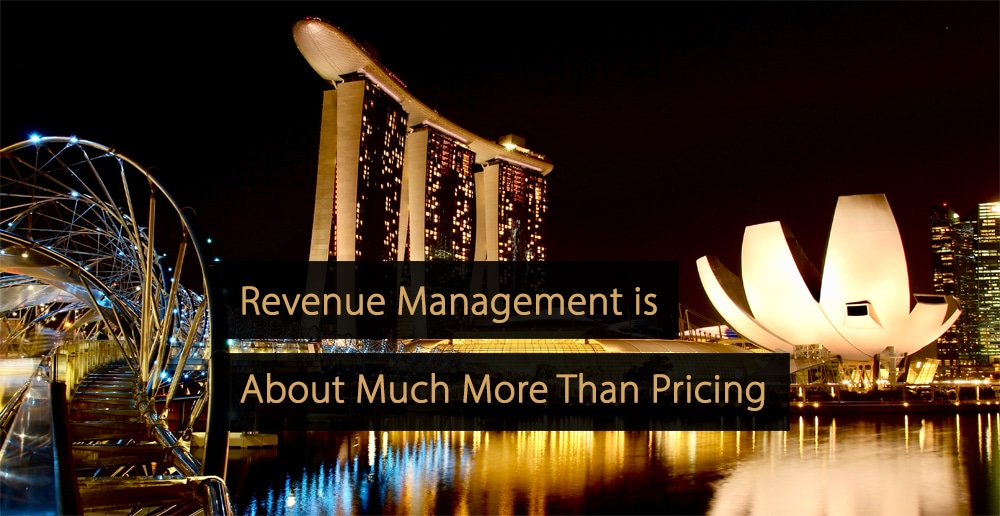
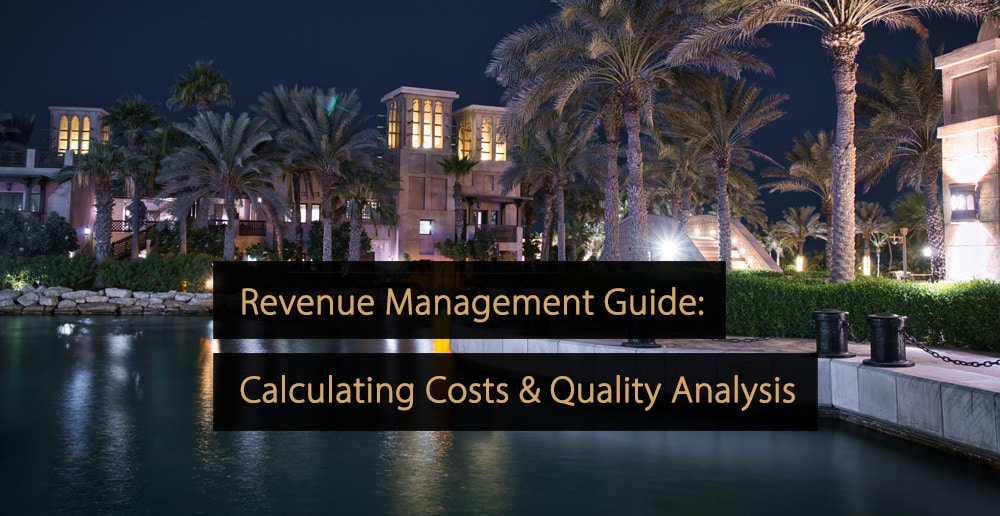
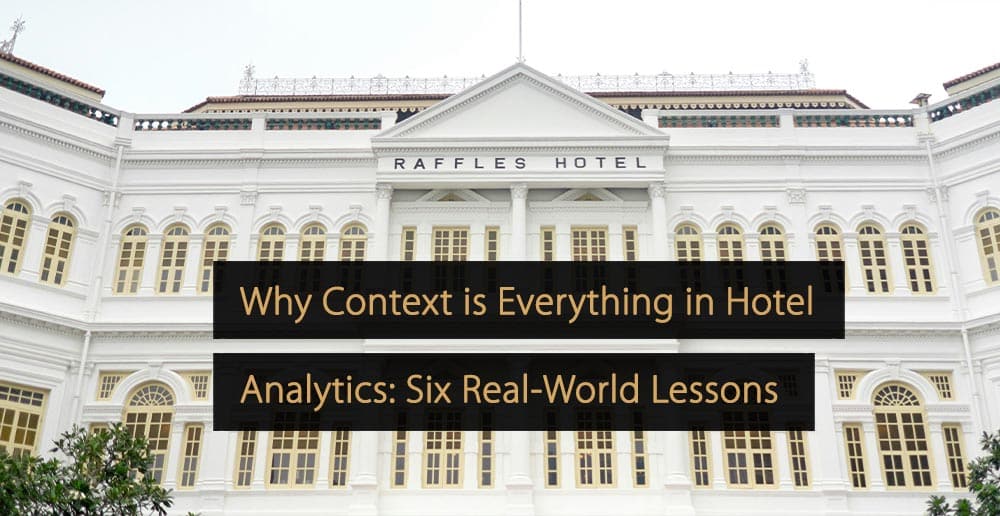
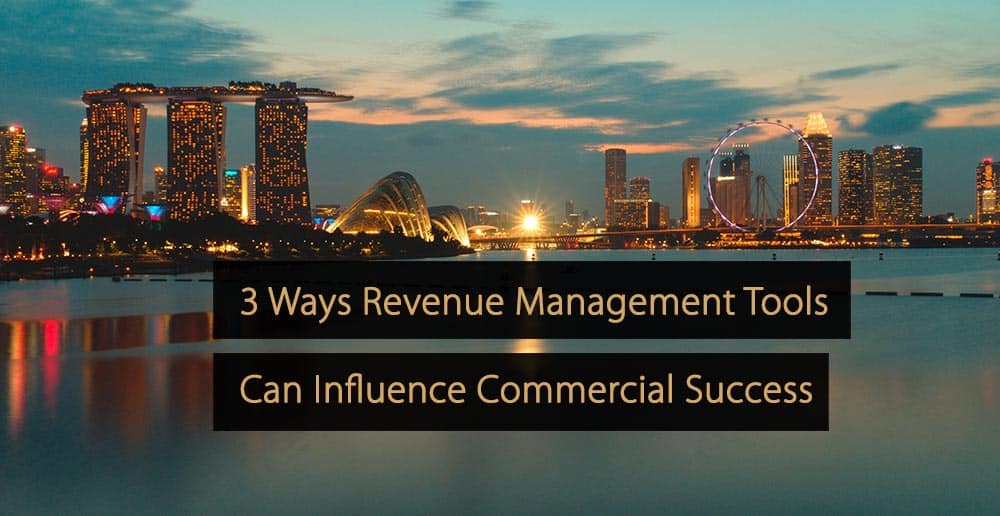

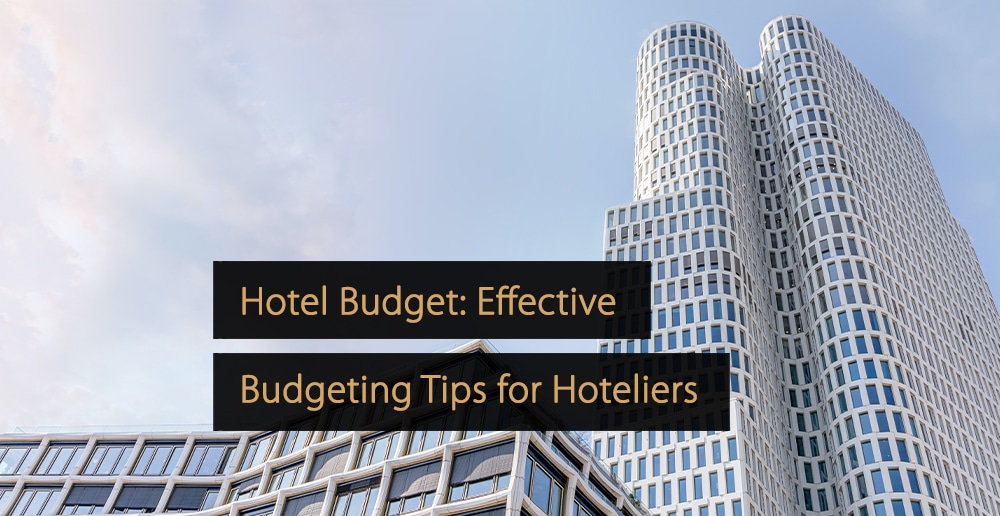
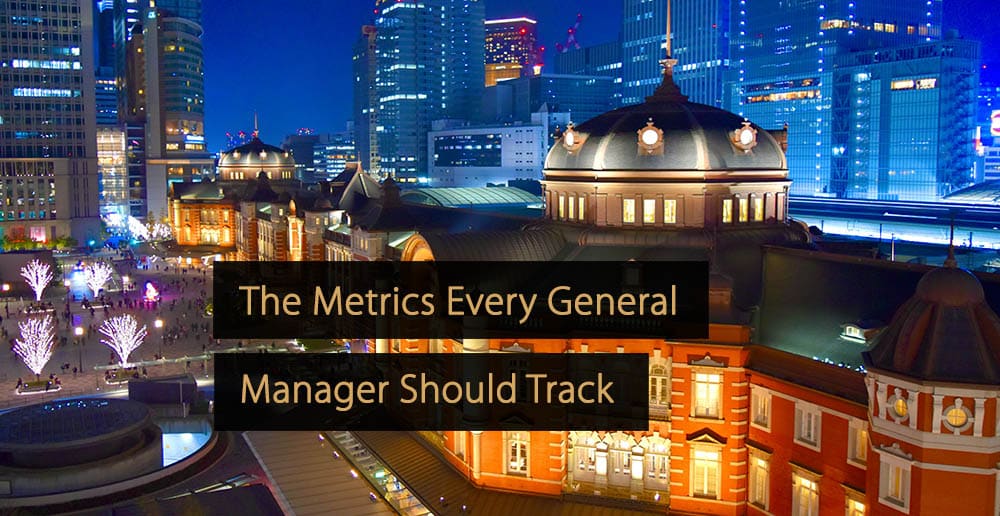
Leave A Comment